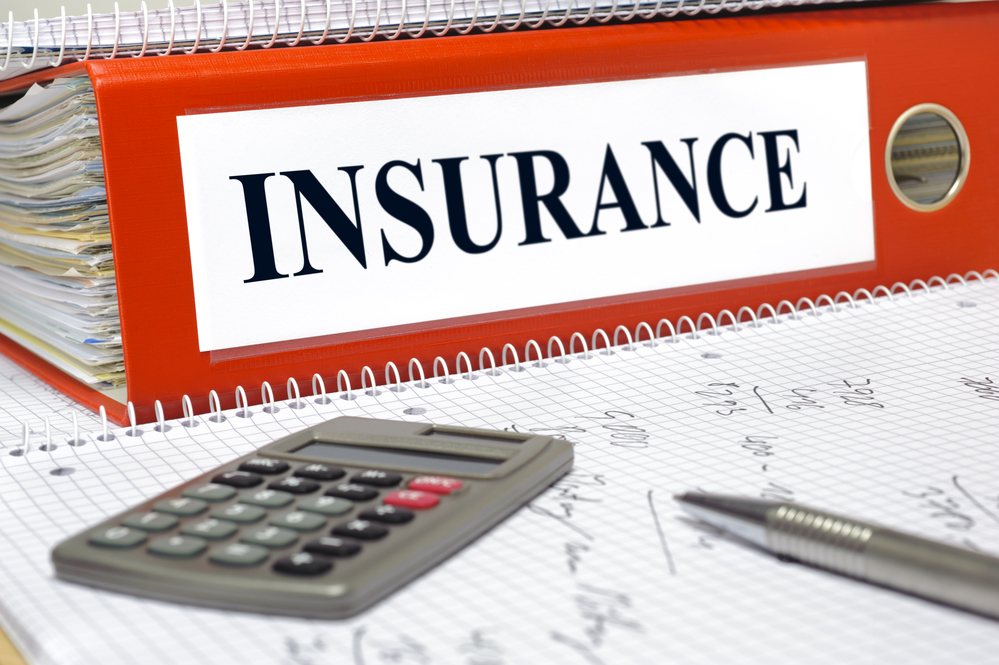Blog
Health Insurance vs. Auto Insurance Paying for Medical Bills After a New Jersey Auto Accident
- November 03, 2021

After an auto accident, medical bills can pile up quickly. If you get involved in a New Jersey auto accident and end up suffering injuries, you might be taken from the accident scene by an ambulance to the emergency room. Once at the emergency room, you will undergo an examination. After the examination, you might be admitted to the hospital. In the end, you might receive medical bills from, among others, the ambulance, ER, hospital, doctors, and other medical professionals who treated you. Depending on the severity of your injuries, you could be looking at tens of thousands or even more in medical bills.
With how expensive medical care is in the United States, it can be frustrating to think about paying your medical bills after an auto accident without help. Nevertheless, after an auto accident, your priority should be your health. You need to get medical help as soon as possible after an auto accident because delaying seeking medical treatment can make your injuries worse and lead to you experiencing unnecessary pain. Fortunately, if you have health insurance and/or auto insurance, you don’t have to worry about paying your medical bills alone.
Auto Insurance Coverage
New Jersey is a no-fault state when it comes to auto accidents. In a no-fault state, regardless of fault, each individual injured in an auto accident, with auto insurance coverage, is required to go through their insurer to get their medical bills paid. Generally, no-fault laws allow an injured accident victim:
- To get their medical bills paid more quickly.
- To get their medical bills paid even if the other driver does not have insurance.
In New Jersey, the portion of your auto insurance policy that ensures your medical bills are covered after an auto accident is known as Personal Injury Protection (PIP). In NJ, drivers are required by law to carry at least $15,000 in Personal Injury Protection coverage per person or accident. However, drivers can choose a PIP coverage limit up to $250,000 for injuries.
It’s important to note that, in New Jersey, auto insurance policyholders who need their medical bills catered for by their PIP coverage usually have two financial responsibilities with regard to their coverage. First, policyholders are required to pay a deductible. Deductibles are payments you need to make before the insurer can pay your medical bills. How much you owe for your deductible is dependent on the choices you made when you were setting up your auto insurance policy. In New Jersey, when it comes to deductibles, an insured person can owe as little as $250 to as much as $2,500.
Secondly, policyholders are required to make copayments in New Jersey, which entails paying 20% of the first $5,000 in medical bills. PIP usually pays 80% of medical costs.
Deductibles and copayments combined make up a person’s out-of-pocket maximum.
Health Insurance Coverage
In New Jersey, if you have health insurance, you can choose to designate your healthcare insurer as your primary source of medical care should you suffer injuries in an auto accident. If you choose to do so, your healthcare insurer will pay for your medical bills first, and then your auto insurer will provide secondary coverage.
Some people choose to have their health coverage provider as their primary source of medical care to save money. While choosing your healthcare insurer as your primary source of medical care can save you money on your auto insurance premiums, it might not be in your best interests to do so. The negatives of choosing your health insurer as your primary source of medical care outweigh any short-term savings.
Why It Might Be a Bad Idea To Make Your Healthcare Insurer Your Primary Source of Medical Care
First, health insurance policies also have deductibles, copayments, and, sometimes, even co-insurance. In most cases, a person’s out-of-pocket maximum is higher under their healthcare coverage than it is under their auto coverage.
Secondly, when it comes to health coverage, there is a limit on medical provider choice. If you choose your healthcare insurer as your primary source of medical care, you might be limited to only seeing the doctors in your network. On the other hand, PIP does not have network restrictions. Usually, PIP caters for medical bills as long as the treatment is deemed medically necessary.
Additionally, if you choose your healthcare insurer as your primary source of medical care, it could mean paying for a PIP coverage you cannot use. A secondary source of medical care usually kicks in after the primary source has been depleted. And, health insurance policies generally don't place caps on benefits, so you might never exhaust your healthcare insurance benefits. Imagine paying hundreds of dollars for a PIP coverage you cannot use.
Contact Us for Legal Help
If you’ve been injured in a New Jersey auto accident, you should consult an experienced personal injury attorney. Contact Antonucci Law today to schedule a consultation.
